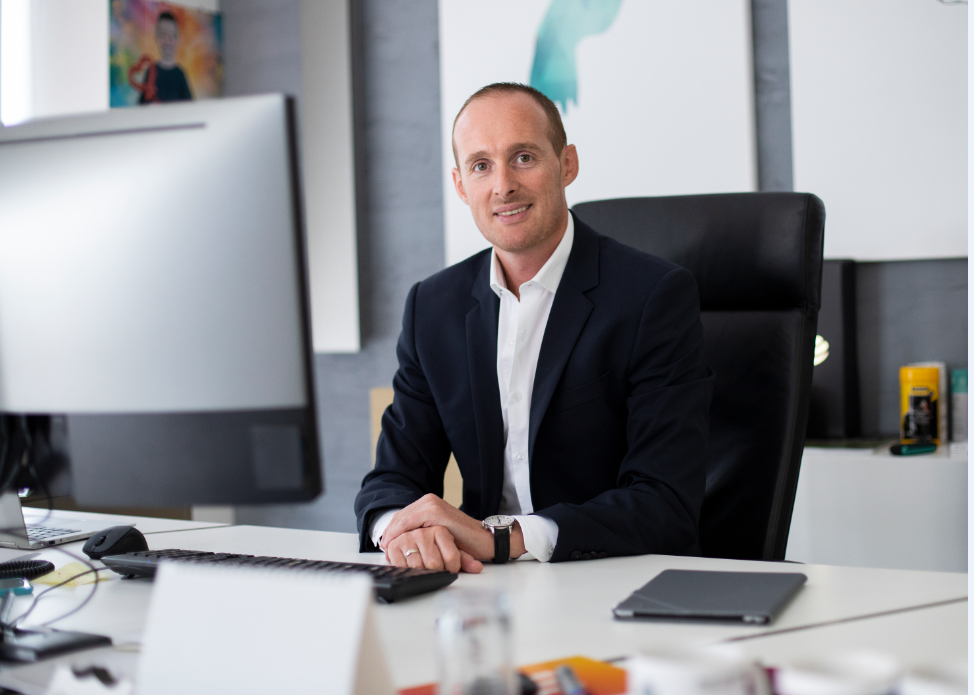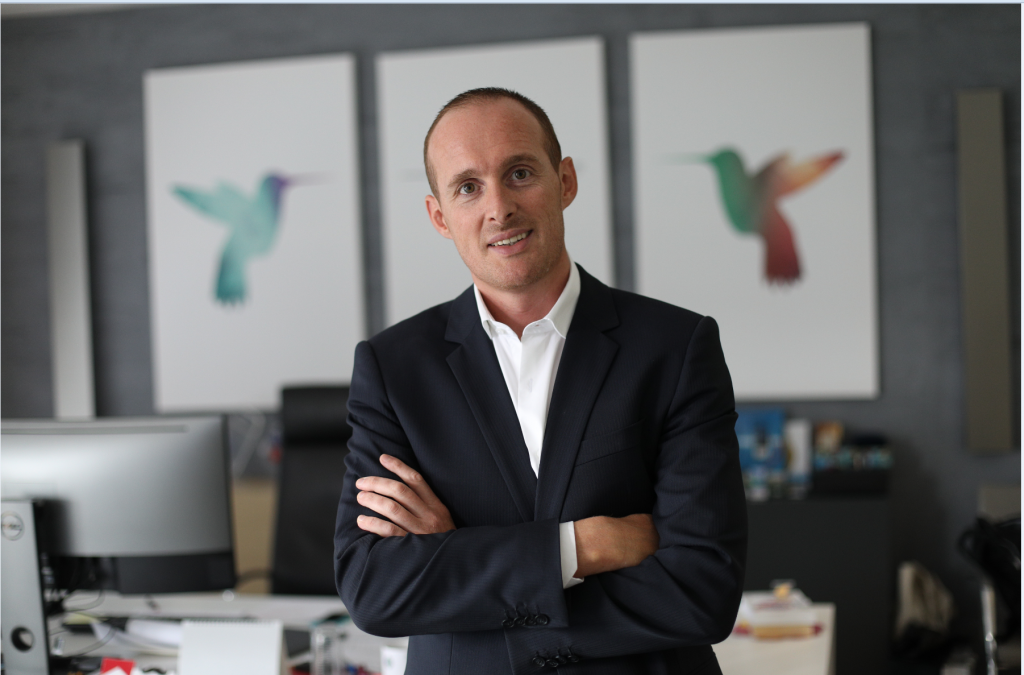What are the consequences of the coronavirus pandemic on the clinical picture of the Serbian economy?
„Up until recently, I associated Wuhan only with sports. I first heard about this city last September when our basketball team beat Puerto Rico at the Mundobasket in Wuhan with a fantastic 43-point-difference. The second time this megalopolis was talked about was in October when Serbia brought three bronze medals from the “greatest ever” Military World Games. Only big sports fans probably remembered the name Wuhan these first two times. The third time round, the focus shifted from sports grounds to illegal outdoor markets and infected bats or pangolins, which is why Wuhan will hardly ever be forgotten. But I hope that the city and the pandemic that originated from it will forever remind us of the fact that was once again validated in the most difficult way possible and that is that we can only trust reliable, proven and legal products,“ said Aleksandar Jakovljević, Managing Director of Philip Morris for Southeast Europe.

In a situation when there was no time for preparation, we are discussing quick solutions for adapting to new working conditions. How fast can they be implemented in a multinational corporation?
There is an abbreviation that we used every day – BAU – meaning “business as usual”. No- one has mentioned or written it for two months because nothing is “as usual” anymore. This was a real test for Philip Morris, which has been working on quick and as easy adaptation to changes for years. More than a decade ago, we radically changed our product, our vision of the future, the business model and the way we work. COVID-19 has expedited changes in business more than any managerial decision so far, but probably because of our long-lasting preparation, we have managed to adapt. Quickly but not easily, we have been and still are fighting a huge fight for the safety of each of our employees, for each mask, for movement permits, for each new working day, for sustaining each export market and for trying to keep consumers who have already made a better choice and switched from cigarettes to scientifically proven less harmful products. Because if those people who were not ready to use the safest option, i.e. to stop using tobacco and nicotine products in any form, resumed smoking cigarettes that would be a defeat for our consumers and for us, but also for the already impaired public health in general.
When do you expect things to go back to as they were?
I hope that never happens. Why would we want companies to return to the bubble that is BAU, and have a new crisis bring them to their knees again? Do we want to continue to believe and call on science only when we are in a problem from which it is difficult to see a way out? Does it sound good to be so separated from our families that we look forward to staying at home, even if we are forced to by curfew? I think that this pandemic has brought us back from the cold B2B (business-to-business) approach to a much closer H2H (human-to-human) way of functioning and it would be good if things stayed that way. Changes in consumer habits should also be viewed from a positive angle. Before the crisis, we were shopping “by default”; namely, we enter the store and shop for the brands we had been buying for years. Now, we think more, read labels and are reconsidering earlier choices because the need to feel safer and more protected is stronger than ever. Brands and products that have good quality and are tested represent a better choice than the ones we made earlier, so this can be a great opportunity for them to make their mark.

Still, there is great fear from possible consequences of the so-called Day After, i.e. the post-crisis period. What are you concerned about?
An optimistic view of the future does not mean that we are not aware of the turbulence that lies ahead. After the coronavirus pandemic, the economy can easily “get sick” from the growth of the black market. The first symptoms are already visible. We have witnessed that not only excise products, but also medicines and currently the most sought after medical and protective equipment, have been lured in by the black market, which clearly tells us that illegal traders put profit above any responsibility in this situation too. That is why it is crucial to return to clear rules of the game ASAP, whereby legal businesses will have the opportunity to recover, without having to deal with additional weight in the form of a growing illegal market, which will disrupt their balance sheets, the state budget and the population’s health.
Important economic measures have been devised and implemented both globally and nationally. Do you think that these measures will be helpful?
Of course, they will be indirectly helpful to us because the faster the economy recovers, the sooner employment will stabilize, purchasing power will increase and the illegal market will decrease. We will not use direct help in the form of state subsidies. This does not mean that our company did not feel the blow – it just means that we are still strong enough at this moment to be able to help through donating medical equipment and by letting other companies use stimulating economic measures because they need it more than us. I believe that the company’s strength is reflected in how reliable is the support it can provide for the community in which it operates, and we have always done that – before and after the crisis.